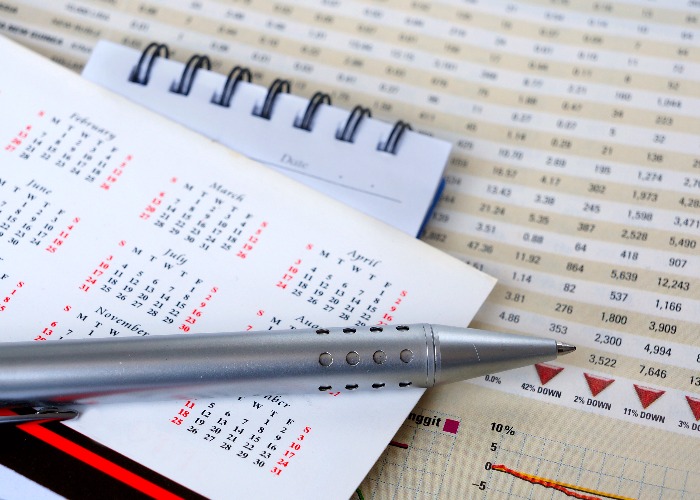Over-50s turn to stock market to boost retirement income

Most believe it offers better return than savings accounts.
One in three over-50s are investing in the stock market in order to fund their retirement. Research from Saga Share Direct found that older people are using shares and other stock market investments to boost their income after they stop working.
Of those surveyed, 62% said they invest in the stock market as they believe they will get a higher return than if they leave their money in a savings account.
“These days lots of people are worried about making their money last in retirement and now that people are able to take their pension as a lump sum I wouldn’t be surprised if we see more people start trading to help boost their income,” says Jeff Bromage, chief operating officer at Saga Personal Finance.
“However, people should remember that there are some risks involved with share dealing so they should always do their research before they start investing their money.”
Older dealers
The older you are, the more likely it is that you will own some shares. Almost three fifths of people aged 80 to 89 have bought shares during their lifetime, according to the study.
Not everyone is investing as a way of making cash though. A total of 7% of those surveyed said monitoring the FTSE 100 is a hobby, while others said they buy shares because they like numbers and trading shares helps keep them mentally active.
Cheap share dealing
If you are tempted to dabble in the stock market, no matter what age you, then make sure you keep your costs down.
The key is to choose a stockbroker carefully. The cheapest tend to be online with the likes of Hargreaves Lansdown, Interactive Investor, The Share Centre and Barclays all offering online trading platforms. Compare the fees and work out which would be cheapest for you. If you are investing less than £1,000 then a stockbroker that charges a percentage of the trade - usually around 1% - could be the best value option. Alternatively, look for a low flat rate - some sites charge around £10 per trade. For more read Beginner's guide to buying and selling shares.
Also watch out for admin fees or inactivity fees. A service such as Degiro charges none of these fees and a rock bottom trade fee of £1.75 per trade plus 0.004% of the value. Read Degiro: new cheapest share-dealing service.
Don't forget your ISA allowance!
If you do want to buy some shares, don't forget that you can do so within an ISA wrapper.
We each get a £15,240 annual ISA allowance, and you can put that money in cash and/or stocks and shares. Just as saving in a Cash ISA means you don't pay tax on the interest you get, investing in shares through a Stocks & Shares ISA cuts your tax bill on the returns you get from your investments.
Individual shares vs. funds
Buying individual shares isn't the only way to invest in the stock market of course. You can also put your money into a fund, which will contain stocks in a range of different companies. For example, rather than buying shares in individual firms listed on the FTSE 100 index, you could put your money into a fund that tracks the FTSE 100 index. So when the index as a whole goes up, so does your investment. And when it goes down, your investment does likewise.
Advocates of funds argue that you get more diversification this way, speading the risk a little and removing some of the volatility. It will work out more expensive though as a result of the fees you'll pay to invest in a fund.
For more, read Beginner's guide to index tracker funds.
Invest via a Stocks & Shares ISA today
More on investing:
Beginner's guide to index tracker funds
Comments
Be the first to comment
Do you want to comment on this article? You need to be signed in for this feature